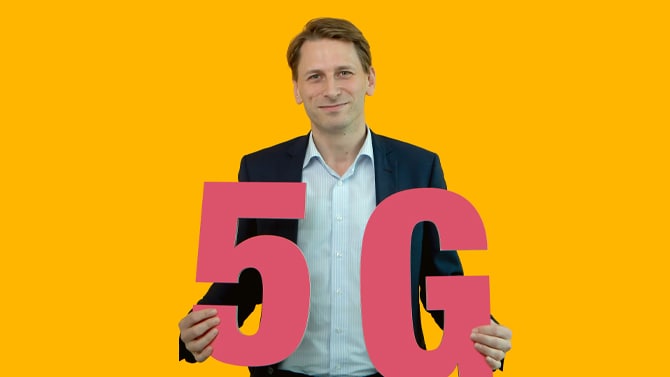

Entertainment & Media Outlook for the Netherlands 2019-2023
Getting personal: Putting the me in media
Five-year projection of consumer and advertiser spending data across 11 segments in the Netherlands.
Every year, we choose an overarching development to structure our thoughts on the intriguing media and entertainment industry. This year we zoom-in on one overarching theme which we believe will impact the global as well as local developments over the coming years: personalisation. Consumers increasingly succeed in tailoring their media experiences to accommodate their individual needs. Media companies fight for our attention and strive to help consumers navigate in the abundance of free and paid content.
We show you four circumstances that media companies, consumers and authorities must take into account when personalising media. Further we look at the key developments in advertising and consumer spending. Finally, we discuss how local parties can use their scale and unique strengths to compete with the global media giants.

Read more about our media topics

Blockchain in music
Over the past few decades, the music industry has undergone constant change. Physical ownership has lost importance in the face of 24/7 digital availability, and audio streaming players like Spotify have emerged as market leaders. Though digital transformation has changed the stakeholder landscape, the old structures that formed the music value chain have hardly changed. And although the volume of data has increased manifold, there is still no global database for copyright and neighbouring rights. Not only does this mean slower payments to artists, it also exposes fledgling digital businesses to significant risks.
Sports Sponsorships: Not a slam-dunk anymore
Spending on sports sponsorships has been rising dramatically in the past decade. Still, most advertisers are surprisingly unsophisticated when it comes to their approach to sponsorship strategy, spending decisions and activation. At the same time, significant changes in the media landscape, rights holders’ revenue models, and fan behaviour can cause the return on sponsorship investments to drop. In this article, we describe how brand owners that make an effort to improve their approach to sponsorships can benefit from new opportunities to engage with consumers and enhance their return on sponsorship investments.


PwC Sports Survey 2019
The PwC Sports Survey 2019 ranked esports number 1 in terms of sports with the highest revenue growth potential, ahead of soccer and basketball, for the second year running. Companies are taking more and more interest in video game competitions, professional gamers and their teams. How does sponsorship of esports compare to that of traditional sports? Marjolein Buiter (PwC) discussed the subject with Maurice Eisenmann. He is Vice President Business Development at Dignitas, an American professional esports organisation with teams in various games, including League of Legends and CS:GO.
Discover the view of our experts
AI against unwanted content
The world is digitizing at a rapid pace. This presents huge opportunities but also new challenges. About five hundred hours of video content are uploaded to YouTube every minute, which equals approximately 30,000 hours of newly uploaded content per hour. This shows the immense magnitude of the online domain. Although some platforms curate their own content, we need to realise that part of the online content is plain harmful or undesirable for other reasons. Think of racist content or content that incites to hatred and violence, but also content that misleads consumers or propagates an unhealthy lifestyle.
Read article
A new digital divide with 5Gs
The new 5G technology is going to change our lives dramatically. The introduction of 5G will lead to a tsunami of machine-to-machine data traffic and communication between devices will overtake communication between people in the long term. With 5G, it will be possible to send and receive huge amounts of data in thousands of seconds and 5G technology will make it possible to have about one million connected devices per square mile.

Featured - 3 items
Explore further





Contact us













